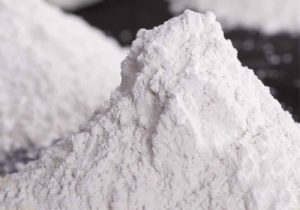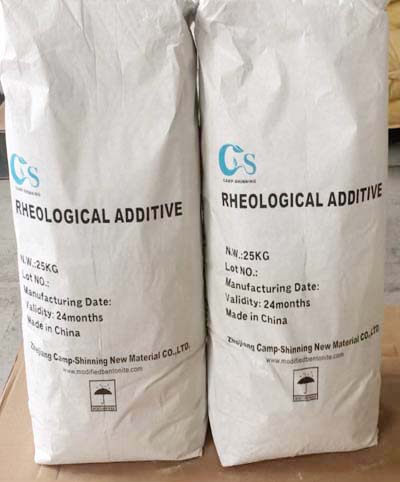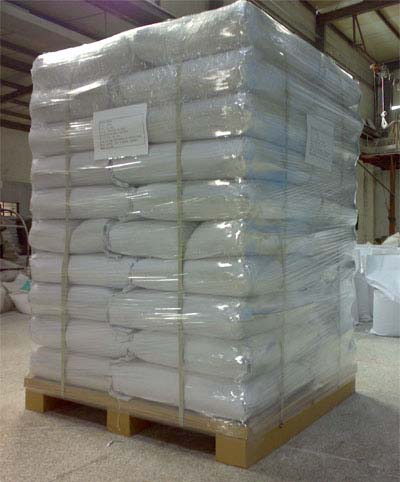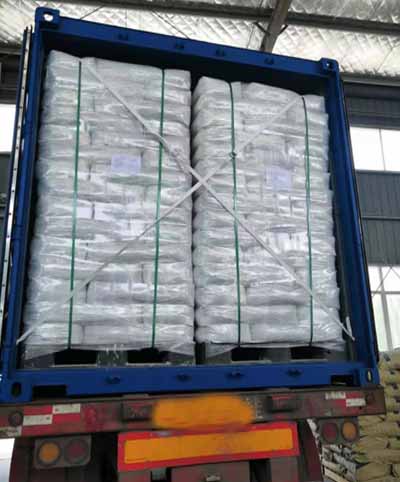
CP-992 Organophilic clay
CP-992 Organophilic Clay, the wet process improved viscosifier and gelling agent . It is a rapidly dispersing.
Synthesis of organoclay is an inorganic mineral/organic ammonium complex made of bentonite as raw material and inserted into an organic covering agent (such as organic quaternary ammonium salt) through ion exchange technology. Organic bentonite appears as a white or off-white powder.

Organoclay Supplier / Manufacturer :
Internet address: https://www.rheologymodifiers.com/
Email address: [email protected]
Whatsapp / Wechat: +86-13185071071
Organophilic Clay Supplier / Manufacturer :

CP-992 Organophilic Clay, the wet process improved viscosifier and gelling agent . It is a rapidly dispersing.

CP-982 Organophilic Clay is an amine treated bentonite with a moderate temperature performance.

CP-150 Organophilic Clay is a self-activating organoclay that disperses easily and performs well in diesel, low aromatic mineral oil, modified vegetable oil, and synthetic base fluid formulations.

CP-10 organoclay is a rheological additive made of organoclay. It is used in non-polar to moderately polar aliphatic and other solvent systems

CP-MPZ organoclays is an modified bentonite that is used in solvent and resin systems ranging from non-polar to highly polar.

The CP-MPS rheology modifier is a type of organo clay rheological additive that is used in solvent and resin systems ranging from non-polar to high polarity.




CP-EW Organoclay for Water Based paint. It is primarily employed in water borne paint systems,such as latex paint. So it is a good water based additive in paints,coatings,grease etc.

CP-EWS Modified bentonite It is employed in a water-borne coatings system. CP-EWS organoclay outperforms CP-EW in terms of thixotropy, transparence, and dispersion.

CP-WBS Rheology Modifier is rheological modified bentonite. It is mostly employed in water-borne systems.
synthesis of organoclay | Organophilic Clay CP-2 also named amine treated Bentonite.
In diesel oil based fluids,organophilic clay viscosifier CP-2 are used to increase carrying capacity and suspension properties, providing support for weight materials and improved cutting removal. Organophilic bentonite also aids in filter-cake formation and filtration control.
Properties
Composition Organically modified bentonite clay
Physical appearance Off white to tan free-flowing powder
Moisture content (105℃,2hr) ≤4%
Particle size (<76μm or 200mesh) ≥95%
Specific Gravity 1.6-1.8
Advantages
Effective viscosifier and gellant
Aids control of fluid loss to the formation
Increases emulsion stability
Improves cuttings carrying and hole cleaning capacity
Suspends weighting materials and other solids
Confers temperature stability to the fluid
Application
Base oil:
Diesel Oils
Crude Oils
Mineral Oils
Synthetic Oil
Viscosifying drilling Fluids:
Oil based drilling fluids
Invert emulsion fluids
Workover fluids
Completion fluids
Casing packs
Packer fluids
Spotting fluids
Package
Organoclay | Organophilic Clay CP-2 is packed in 50lb(22.7kg) or 25kg/bag or customized,multi-wall paper sacks or Kraft paper bag with PE liner or customized.
Storage
CP-2 Store in a dry, well-ventilated area with temperature of 0℃-30℃. Keep container closed. The quality guarantee period is 24 months.
Notice
The information on use is based on data which are believed reliable, but any recommendation or suggestion made is without guarantee or warranty, since the conditions of use are outside our control. All products are sold on the conditions that purchasers shall make their own tests to determine the suitability of such products for their purpose and that all risks are assumed by user. We disclaim any responsibility for damages resulting from careless or improper handling or use. Nothing herein is to be taken as permission, inducement or recommendation to practice any patented invention without a license.
Internet address: https://www.rheologicaladditive.com/ and email address: [email protected]
Whatsapp / Wechat: +86-13185071071
synthesis of organoclay
Synthesis of organobentonite is achieved primarily by reacting bentonite (which may be calcium-based bentonite or sodium-based bentonite) with an organic modifier, such as a surfactant.
Organic bentonite synthesis methods include wet and dry synthesis, as well as pregelation and assisted synthesis. Dry synthesis is a relatively simple method of organic bentonite preparation, including raw material preparation, mixing and heating and drying and crushing.
Wet synthesis is a common method of organic bentonite preparation, mainly including crushing and dispersion, purification and modification, organic cover and filtration, drying and crushing.
We mentioned the crushing and dispersion is the bentonite raw materials are crushed and dispersed in water to make a slurry.
And purification and reforming is the bentonite slurry purification process, and may be modified by adding modifier sodium salt, from calcium-based bentonite into sodium-based bentonite.
In the purified and reformed bentonite slurry by adding organic modifiers (such as long carbon chain quaternary ammonium salts), through the ion exchange reaction, so that the cations of the organic modifiers to replace the cations between the layers of bentonite, thereby expanding the spacing between the layers and the formation of hydrophobic organic bentonite, which is the organic cover.
The whole process of filtration, drying and crushing is filtered to remove excess water, and then drying process, and finally the dried product is crushed and sieved to obtain organic bentonite products. These steps whether wet or dry processing means are similar.
At present, the market, the synthesis of organoclay a variety of methods, each method has its unique advantages and scope of application. In practice, according to the specific needs and conditions to choose the appropriate synthesis method.
The main use of organic bentonite is in the paint industry has an important application value, but also widely used in paint and ink, aviation, metallurgy, chemical fiber, petroleum and other industrial fields.
And calcium bentonite: mainly used for regulating in drilling mud, fire-fighting additives, textile industry, water-based waterproof materials and other fields also have important applications.
Synthesis of organoclay has a good gel ability, especially in organic solvents, oils, liquid resins can form a gel, to achieve good thickening, thixotropy, suspension stability, high temperature stability, lubricity, film-forming properties, water resistance and chemical stability.
We suggest that you need to choose the right type of bentonite when choosing the use of bentonite, according to the specific application scenarios and needs to choose the right type of bentonite.